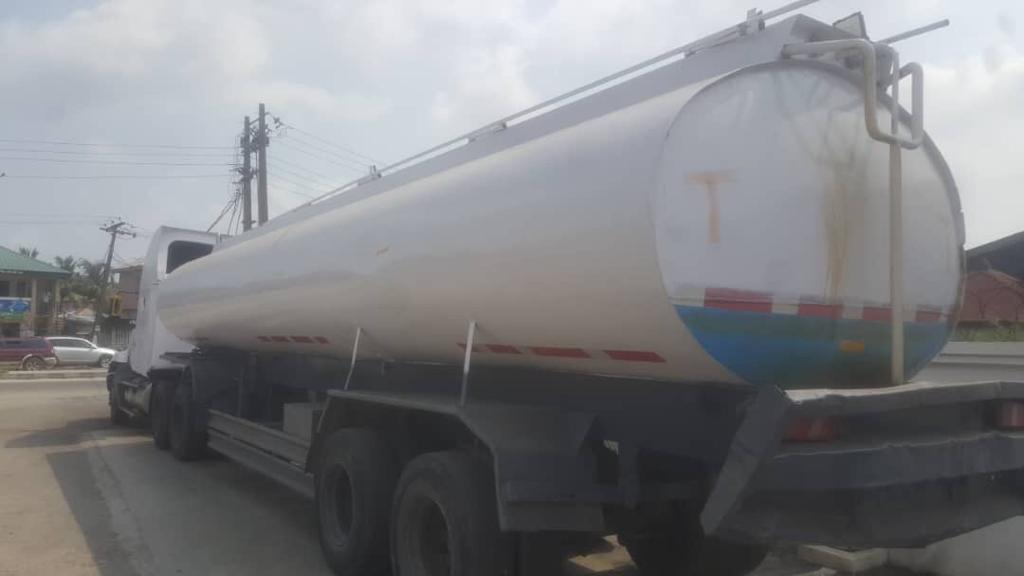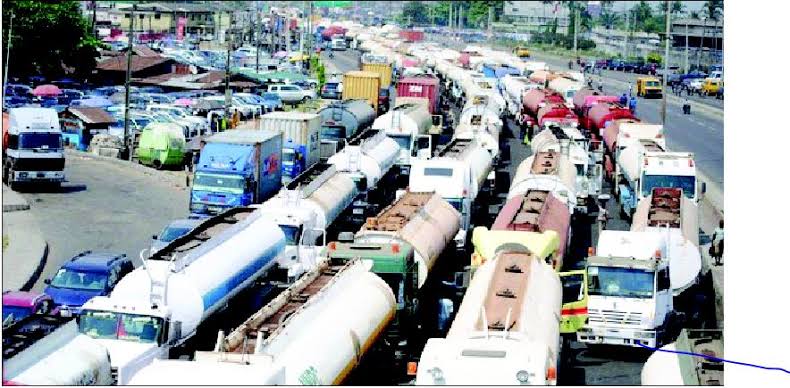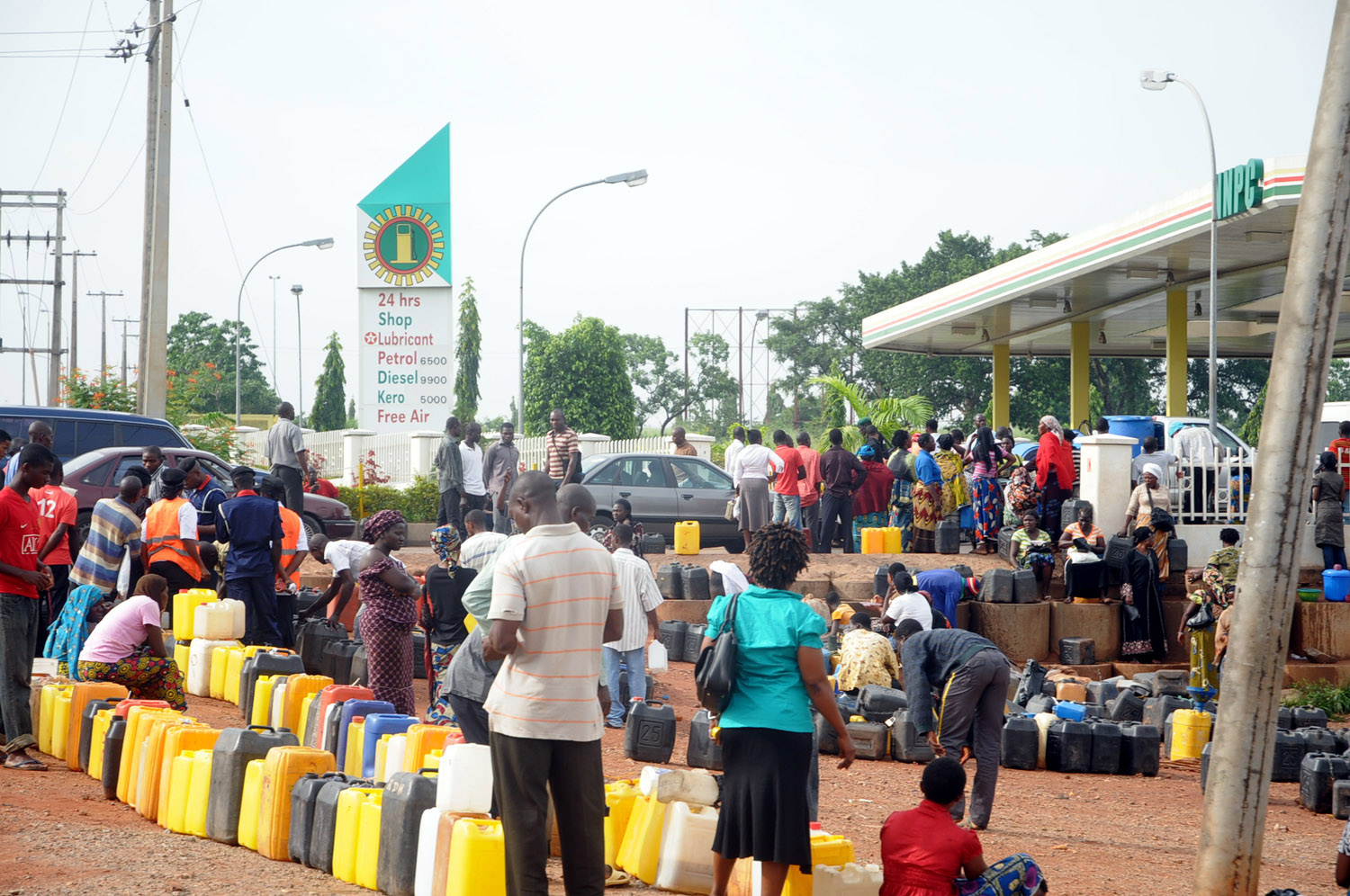The National Association of Road Transport Owners (NARTO), has expressed fear over the Federal Government’s plan to ban 60,000 litres capacity tankers, following the rising cases of accidents involving fuel tankers.
NARTO President, Yusuf Othman in an interview NAN in Abuja on Sunday, said such a move would cause a loss of N300b worth of investments by the tanker owners.
The Federal Government, through the Nigerian Midstream and Downstream Petroleum Regulatory Authority (NMDPRA) is considering placing a ban on 60,000 litres capacity petroleum tankers, due to incessant accidents/deaths involving them in the country.
The NMDPRA had proposed a restriction of petroleum tankers capacity to a maximum of 45,000 litres to reduce accidents ‘cases, explosion and fatalities.
Apart from determining appropriate truck carrying capacity, the NMDPRA had put in place other safety measures, including installation of anti-spill safety valves in tanker trucks, public sensitisation against scooping at accident scenes and regular stakeholders’ meeting, among others.
The regulator is of the view that the noncompliance with the established safety measures had led to the recurrence of these accidents.
Othman, however, said the cause of the accidents was not the usage of 60,000 litres tanker capacity, but could be attributed to the condition of the roads, condition of the vehicles and the drivers.
He said that 2,000 trucks with 60,000 litres capacity worth N150m each, amounting to N300b investments were being involved in the transportation of petroleum products nationwide.
Othman explained that some of these investments were being financed by the commercial banks, while some were personal investments of the tanker owners.
“Every truck owner is an investor and every investment is done with a view to get a return.
“We have about 2,000 trucks worth about N150 million each, which is about N300 billion. It will not be fair for them to go down the drain; we are trying to see if there is a win-win situation.
“We all are not happy with the recent development that led to loss of lives and we pray that it will not be repeated again. It’s a huge monumental loss, as well as a monumental loss of investments.
“However, as much as we appreciate the concern of the public and government in this respect, we believe that the 60,000 litres tanker capacity is not the cause of the accidents because the weight is on the back axle.
“In such an accident, people rush to start scooping and in the process of doing that the explosion occurs,’’ he said.
He appealed to the Federal Government to consider a buy-back policy to help the investors, if it wishes to phase out completely the usage of 60,000 litres tanker capacity in the distribution of petroleum products.
Speaking on safety regulations and measures, he said the association had ensured compliance by the members and strived to ensure that only licensed drivers who were physically and mentally okay with good health and vision plied the road.
He further said that the association trained and retrained tanker drivers on regular basis, and also strived to ensure that the trucks were inspected twice a year to be road worthy.
He maintained that the habit of scooping the petroleum products at the scene of the accidents had resulted in the monumental loss of lives, hence general public enlightenment became very apt.
“If the capacity is reduced to 45,000, the truck cannot have a balance; reducing from 60,000 to 50,000 litres capacity could be fine, but not 45,000 litres capacity.
“All the 60,000 litres trucks are new, that is why they are able to carry 60,000 litres of petroleum products. Old trucks cannot carry 60,000 litres of products and are phased out because they don’t make any economic sense.
“We support the government and also want the government to support our private investments.
“We are still talking with the Federal Government, and I believe we will resolve it amicably,’’ he said.







